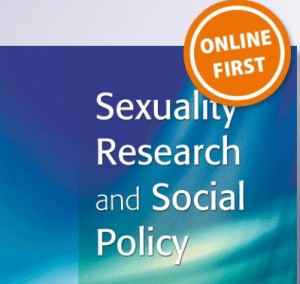
Organisational Patterns of Sex Work and the Effects of the Policy Framework
Challenging the binary construction of prostitution as work or violence, in the article published in Sexuality Research and Social Policy Mojca Pajnik and Ivana Radačić theorize sex work as a continuum of professional and organizational practices, and discuss prostitution frameworks and markets in two post-socialist EU member states, Slovenia and Croatia. The main aim was to explore how organizational patterns of sex work develop in the two countries and what their specific features are according to the different policy systems. The results of the analysis show that decriminalization policy context is more conducive to professionalization of sex work which can positively impact security and job satisfaction, while the criminalization framework facilitates violence and suppresses the empowerment of sex workers. It is argued that “governing through crime” that still persists, especially in Croatia, needs to develop alternatives such as adopting the principle of “collaborative governance” where policy decisions are informed by sex workers.
The article is available here (free download for three weeks!)
